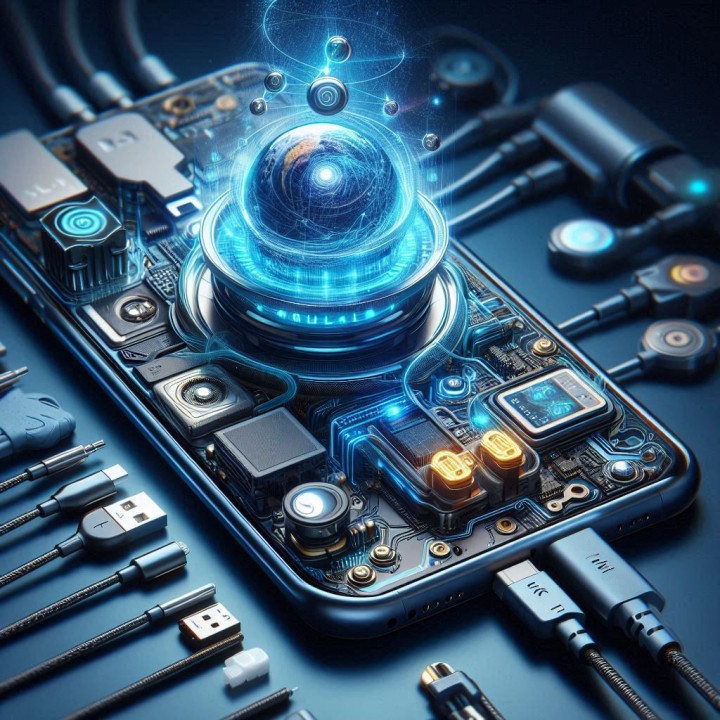
Artificial Intelligence (AI) is revolutionizing every aspect of technology, and the smartphone industry is no exception. In 2025, AI-powered smartphones are no longer just a luxury; they have become an essential part of our daily lives. From advanced photography features to personalized user experiences, AI is redefining how we interact with our devices. Let’s explore the major ways AI is shaping the mobile industry and what the future holds for AI-driven smartphones.
1. AI-Enhanced Photography
One of the most noticeable impacts of AI in smartphones is in photography. AI-powered cameras now offer real-time scene detection, automatic adjustments for lighting, and even AI-powered editing tools. Features like Night Mode, Portrait Enhancements, and Super Resolution Zoom rely on AI algorithms to produce professional-quality photos without manual settings. In 2025, AI cameras can now even remove unwanted objects from images seamlessly.
2. Personalized User Experience
AI has transformed how users interact with their devices by making them smarter and more intuitive. AI-driven assistants like Google Assistant, Siri, and Bixby have evolved to provide real-time suggestions based on user habits. AI also enhances battery life management, learning usage patterns to optimize power consumption and extend device longevity.
3. AI in Mobile Security
Security is another area where AI has made significant advancements. AI-powered facial recognition and fingerprint sensors now adapt to changes in appearance, making authentication more secure. AI also detects suspicious activities and prevents cyber threats in realtime, ensuring a safer user experience.
4. AI-Powered Voice Assistants & Chatbots
Voice assistants are now smarter than ever, providing real-time translations, automated scheduling, and even advanced voice cloning. AI chatbots are being integrated into smartphones to assist with customer support and technical issues instantly, reducing the need for human interaction.
5. AI in Mobile Gaming
AI is also enhancing the mobile gaming experience. AI-powered adaptive graphics rendering ensures smoother frame rates and real-time adjustments based on processing power. AI-based game bots can now challenge players by learning and adapting to their playstyle, making gaming more immersive than ever.
6. AI in 6G Connectivity & Network Optimization
With 6G technology on the horizon, AI is being used to optimize network connectivity by predicting network congestion and switching to the best possible signal. AI-driven predictive maintenance helps telecom companies reduce downtime and ensure uninterrupted connectivity.
What’s Next? The Future of AI Smartphones
Looking ahead, AI will continue to shape the future of smartphones with even more advanced capabilities. Expect AI to enable fully automated voice-controlled devices, self-healing software, and even on-device AI models that work without cloud dependency for privacy-focused users.
AI is no longer just a feature—it’s the driving force behind the next generation of smartphones. As AI technology continues to evolve, so will our mobile experiences, making devices smarter, faster, and more personalized than ever before.
Are you excited about AI-powered smartphones? Let us know your thoughts in the comments below!
For the latest smartphone deals and reviews, visit Hubs Markets!

Leave a Reply